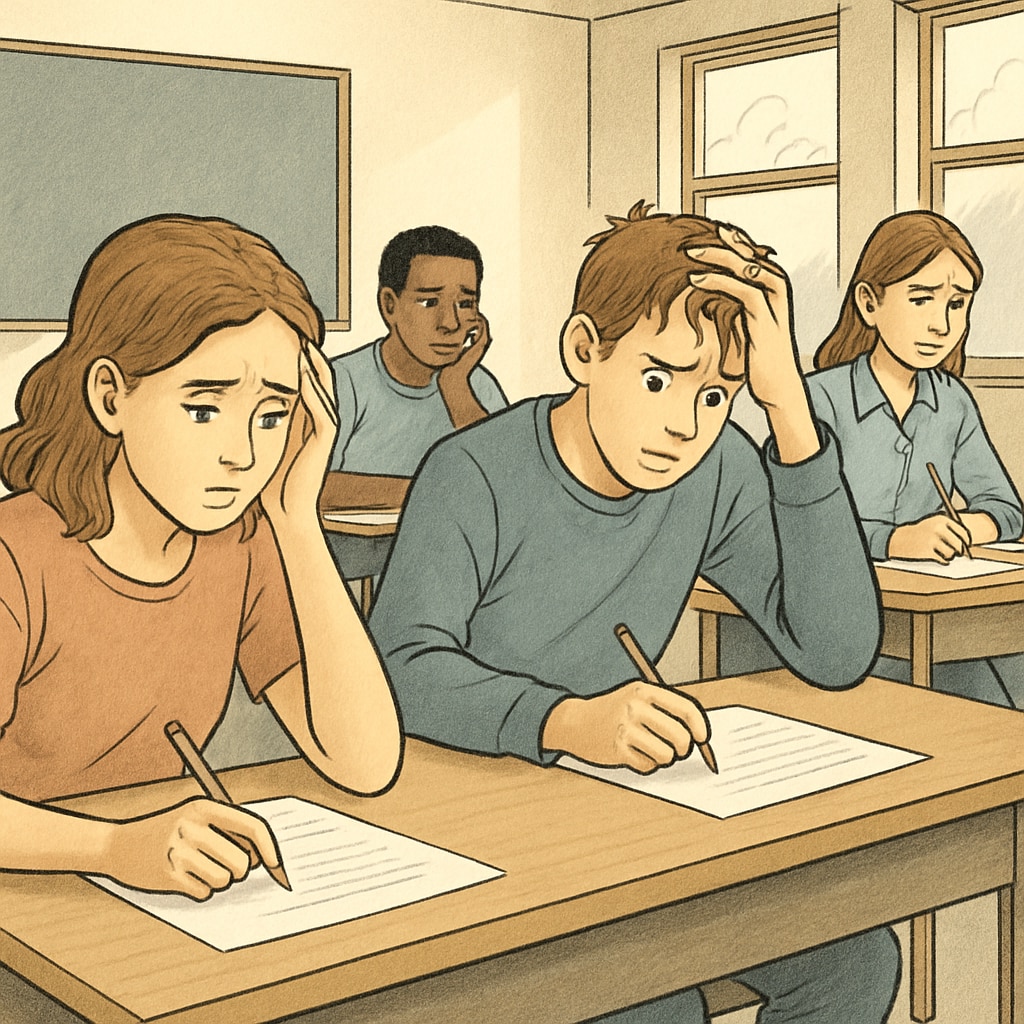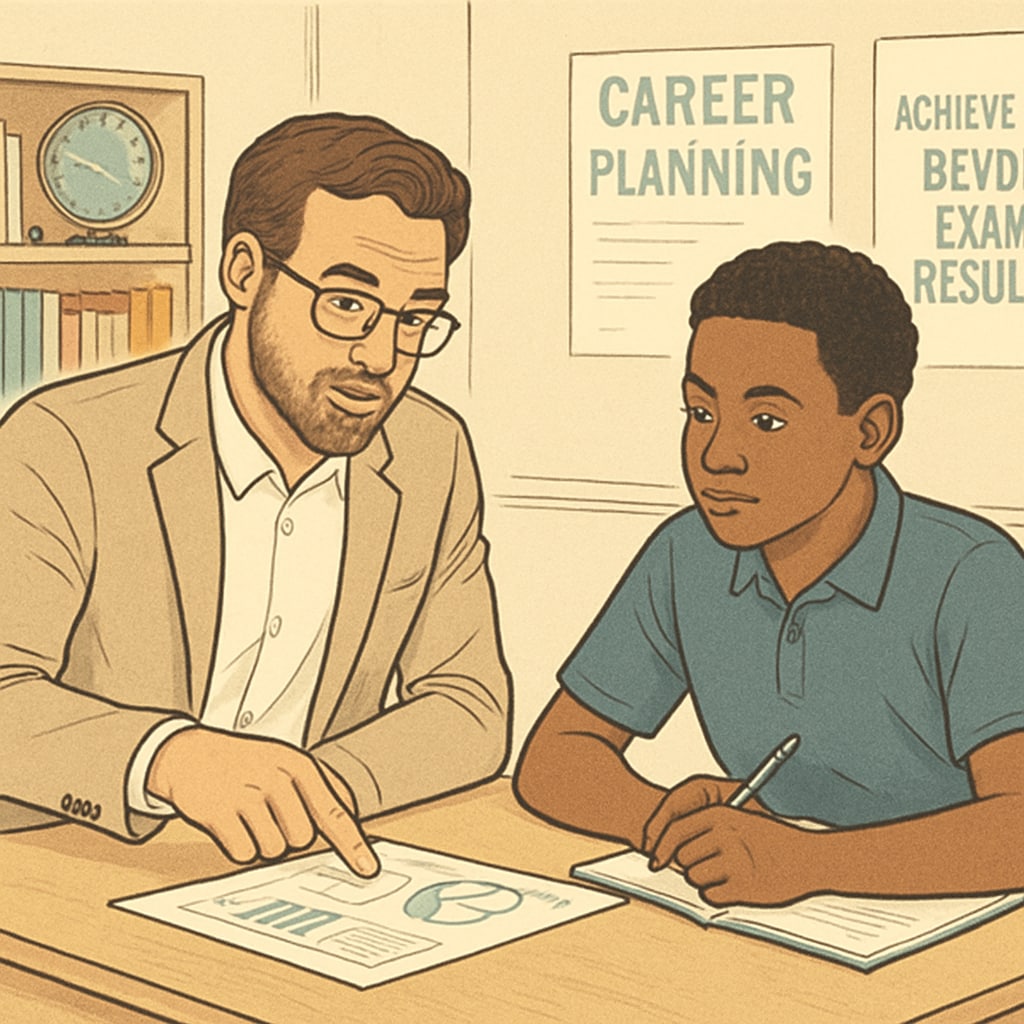For many students, GCSE results represent not only a measure of academic achievement but also a perceived determinant of future career paths. However, this overemphasis on exam outcomes has contributed to rising levels of academic anxiety among students. The pressure to perform well can have profound implications, not only for mental health but also for how success is defined within education systems. It’s time to explore alternative approaches to evaluate student potential and to reframe how we think about education and career planning.
Understanding the Impact of Academic Anxiety on Students
Academic anxiety is a growing concern, particularly during exam seasons like GCSEs. Students often feel immense pressure to achieve top grades, fearing that anything less will close doors to future opportunities. According to a BBC report, increasing numbers of teenagers are seeking mental health support due to exam-related stress. The effects can include sleep disturbances, low self-esteem, and even clinical depression.
This stress isn’t limited to low-performing students; high achievers also face anxiety, often stemming from fear of failure or not meeting expectations. Parents and schools, while well-meaning, sometimes exacerbate the problem by emphasizing grades as the sole indicator of success.

Why GCSE Results Are Not the Sole Indicator of Potential
While GCSE results provide a standardized way to measure academic performance, they fail to capture the diverse talents and skills of students. Creativity, emotional intelligence, teamwork, and problem-solving abilities are just as critical in today’s world but are often overlooked in traditional education systems. Employers across various industries are increasingly valuing soft skills alongside technical qualifications.
Moreover, many successful individuals have demonstrated that exam results do not dictate long-term success. For example, entrepreneurs like Richard Branson have thrived despite lacking strong academic records. This highlights the need to move away from a one-size-fits-all approach to education and career guidance.
Redefining Success Through Diversified Evaluation
To address the limitations of an exam-centric system, educators and policymakers must embrace more holistic approaches to measuring student success. Here are a few strategies:
- Portfolio-based assessments: Encouraging students to showcase their skills through projects, presentations, and real-world problem-solving tasks.
- Broader curriculum focus: Introducing subjects and activities that emphasize creativity, emotional intelligence, and practical life skills.
- Personalized career counseling: Offering students tailored guidance to explore career paths aligned with their interests and strengths.
These methods ensure that every student’s unique talents are recognized, reducing the pressure to conform to rigid academic standards.

Preparing Students for a Dynamic Career Landscape
In today’s rapidly evolving job market, adaptability is key. Technological advancements mean that many of the jobs students will pursue in the future don’t even exist yet. Therefore, education systems must focus on equipping students with transferable skills that prepare them for a range of possibilities.
Additionally, career planning should begin early and involve input from various stakeholders, including parents, teachers, and industry professionals. By exposing students to diverse career options and the realities of the job market, we can help them make informed decisions and alleviate anxiety about their futures.
Conclusion: Looking Beyond the Numbers
While GCSE results are undoubtedly important, they should not define a student’s worth or potential. Academic anxiety is a significant issue that can hinder both mental well-being and long-term success. By adopting diversified evaluation methods and emphasizing career planning, we can create a more inclusive and supportive education system. Ultimately, redefining success in education will not only benefit students but also society as a whole by nurturing well-rounded, capable individuals.
For further information on alternative education systems, visit Education on Britannica.
Readability guidance: The article uses accessible language, short paragraphs, and a clear structure to ensure readability. Transition words are incorporated to improve flow, and lists are used to summarize key points. Passive voice and long sentences are minimized.


